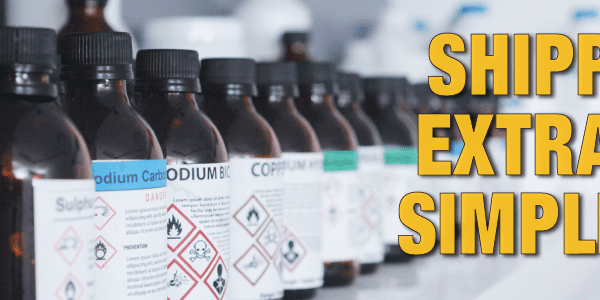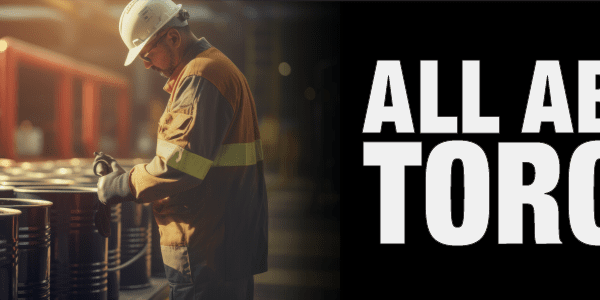It’s the start of the summer holiday season, and for many people that means picnics, time at the beach, family, friends and…fireworks! In the transportation world, fireworks are classified as explosive pyrotechnic articles. An explosive means any article that is designed to function by explosion (i.e., an extremely rapid release of gas and heat) or which, by chemical reaction within itself, is able to function in a similar manner even if not designed to function by explosion. Both consumer and professional grade fireworks are generally classified based on their chemical compounds and how and where they perform, i.e., ground or aerial.
The explosive nature of fireworks is something to keep in mind this season. Fireworks can cause serious burns, eye injury and hearing loss. In the United States, the CPSC indicates that there were reports of three fireworks-related deaths and an estimated 8,600 hospital emergency room treated injuries in 2010. In 2009, CPSC had reports of two deaths and an estimated 8,800 injuries. In 2008, CPSC had reports of seven deaths and an estimated 7,000 injuries.
Here are some Fireworks Safety Tips from the CPSC:
- Never allow young children to play with or ignite fireworks.
- Avoid buying fireworks that are packaged in brown paper because this is often a sign that the fireworks were made for professional displays and that they could pose a danger to consumers.
- Always have an adult supervise fireworks activities. Parents don’t realize that young children suffer injuries from sparklers. Sparklers burn at temperatures of about 2,000 degrees – hot enough to melt some metals.
- Never place any part of your body directly over a fireworks device when lighting the fuse. Back up to a safe distance immediately after lighting fireworks.
- Never try to re-light or pick up fireworks that have not ignited fully.
- Never point or throw fireworks at another person.
- Keep a bucket of water or a garden hose handy in case of fire or other mishap.
- Light fireworks one at a time, then move back quickly.
- Never carry fireworks in a pocket or shoot them off in metal or glass containers.
- After fireworks complete their burning, douse the spent device with plenty of water from a bucket or hose before discarding it to prevent a trash fire.
- Make sure fireworks are legal in your area before buying or using them.
Using some common sense and following a few precautions will help to ensure that everyone has a safe and fun summer holiday!







 ICC USA
ICC USA ICC Canada
ICC Canada